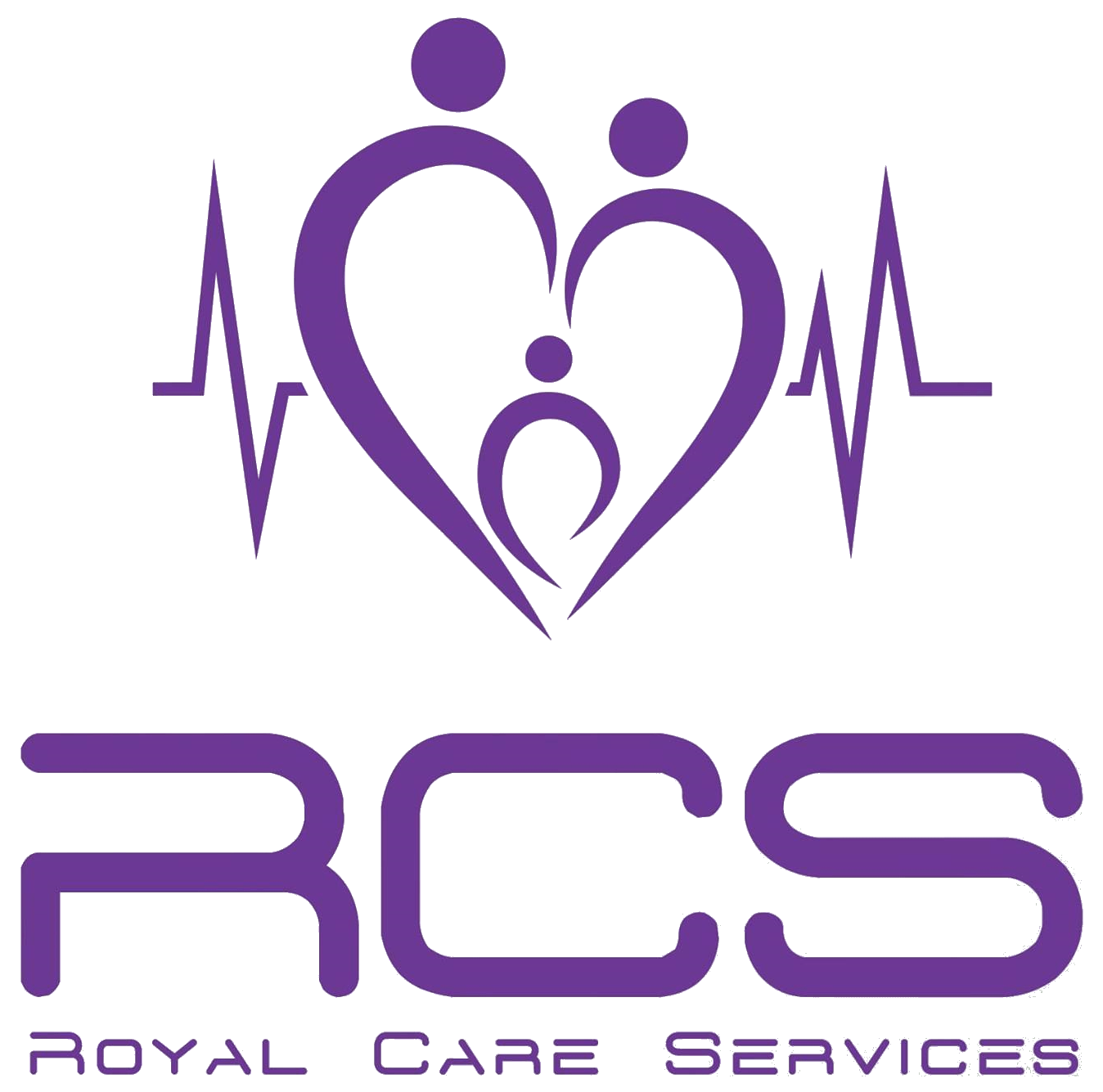Home Modification and Design
What is Home Modification and Design?
Home Modification and Design is an essential part of the National Disability Insurance Scheme (NDIS) that allows people with disabilities to make modifications to their homes to improve their safety, accessibility, and quality of life. The NDIS provides funding for eligible participants to make necessary modifications, such as wheelchair ramps, handrails, and accessible bathrooms. These modifications can help individuals with disabilities to live independently and safely, while also improving their overall quality of life.
How can I be eligible for Home Modification and Design?
Home modifications can be included as part of your plan if you or your carers cannot reasonably access and use rooms and spaces in your home due to the effects of your disability; if living in your primary residence has significant and negative influences on your current living and care arrangement; and after a suitably qualified Occupational Therapist has completed an assessment and determined that home modifications, including the use of equipment, are the best option.
How can I access Home Modification and Design?
Depending on the complexity of the modifications required, you may have to provide evidence to be eligible for funding. You should not spend money on home modifications until they are funded in your plan. It is important to note that in some cases, other home and living supports or assistive technology may be more suitable for your situation. However, before you may receive funding for home modifications in your plan, you need to give us written approval from the homeowner or relevant bodies, this will be required as a part of your home modifications assessment.
Meet Mark
We've been working with Mark for over two years now. Mark has some conditions that are eligible for NDIS, and we've been supporting him with his plan. We offer services like assistance with daily living and short-term accommodation, and Mark has been super happy with the care he's received from us. It's been great to see his quality of life improve, and we're honoured to be a part of that journey with him.
The Royal Care Services Difference
Frequently Asked Questions
We're always here to answer any and all of your questions. Below are some of the more common questions we receive, however if you don't see your question amongst these, please don't hesitate to give us a call or drop us a line.


